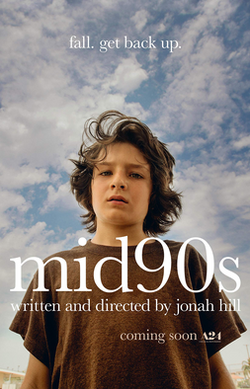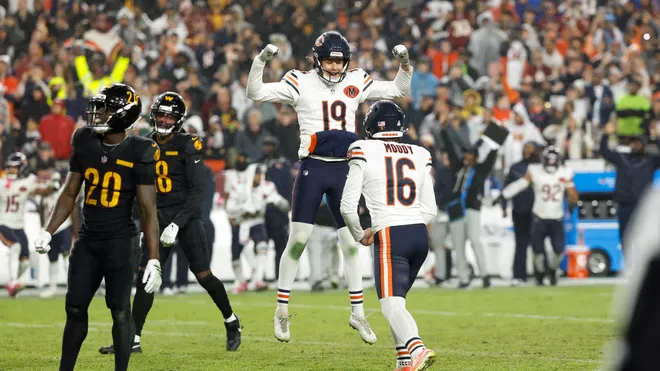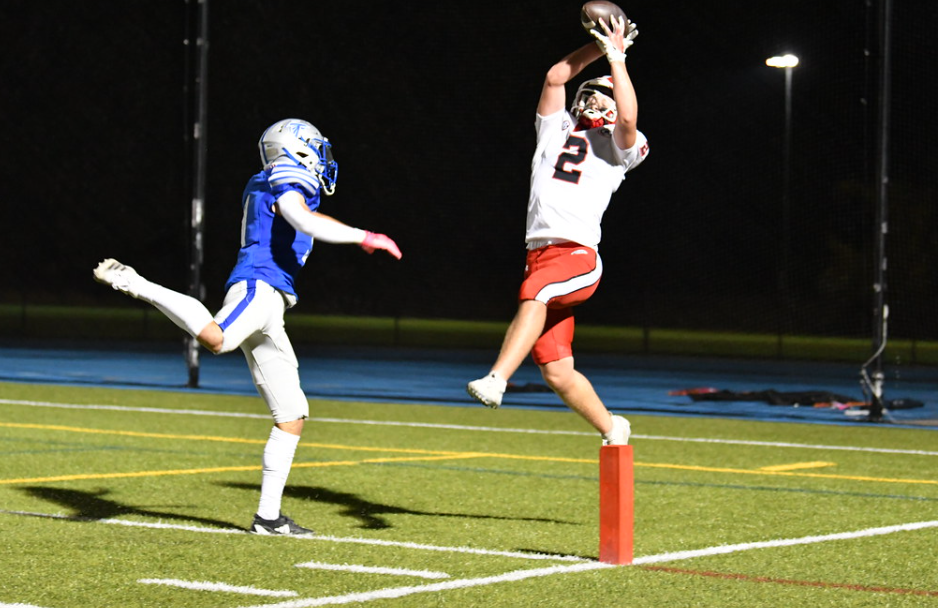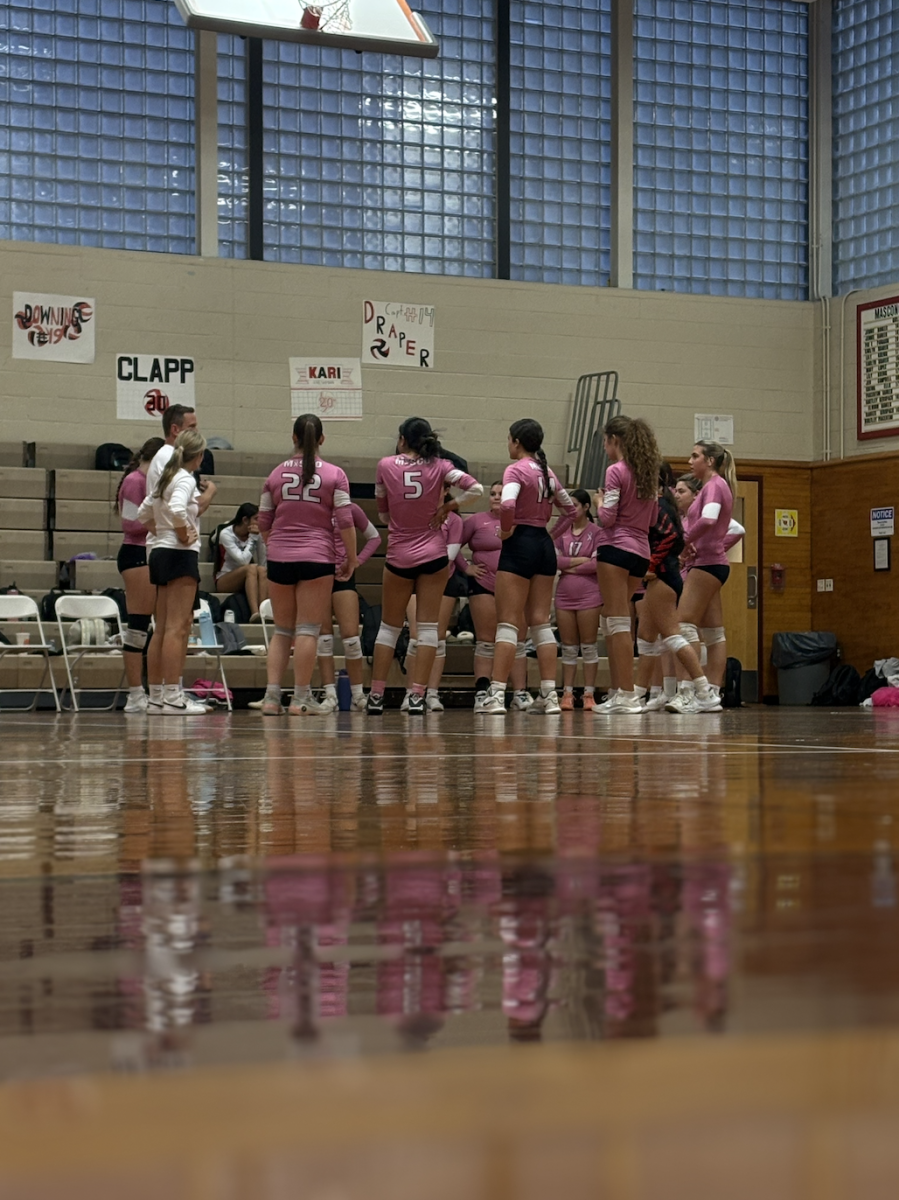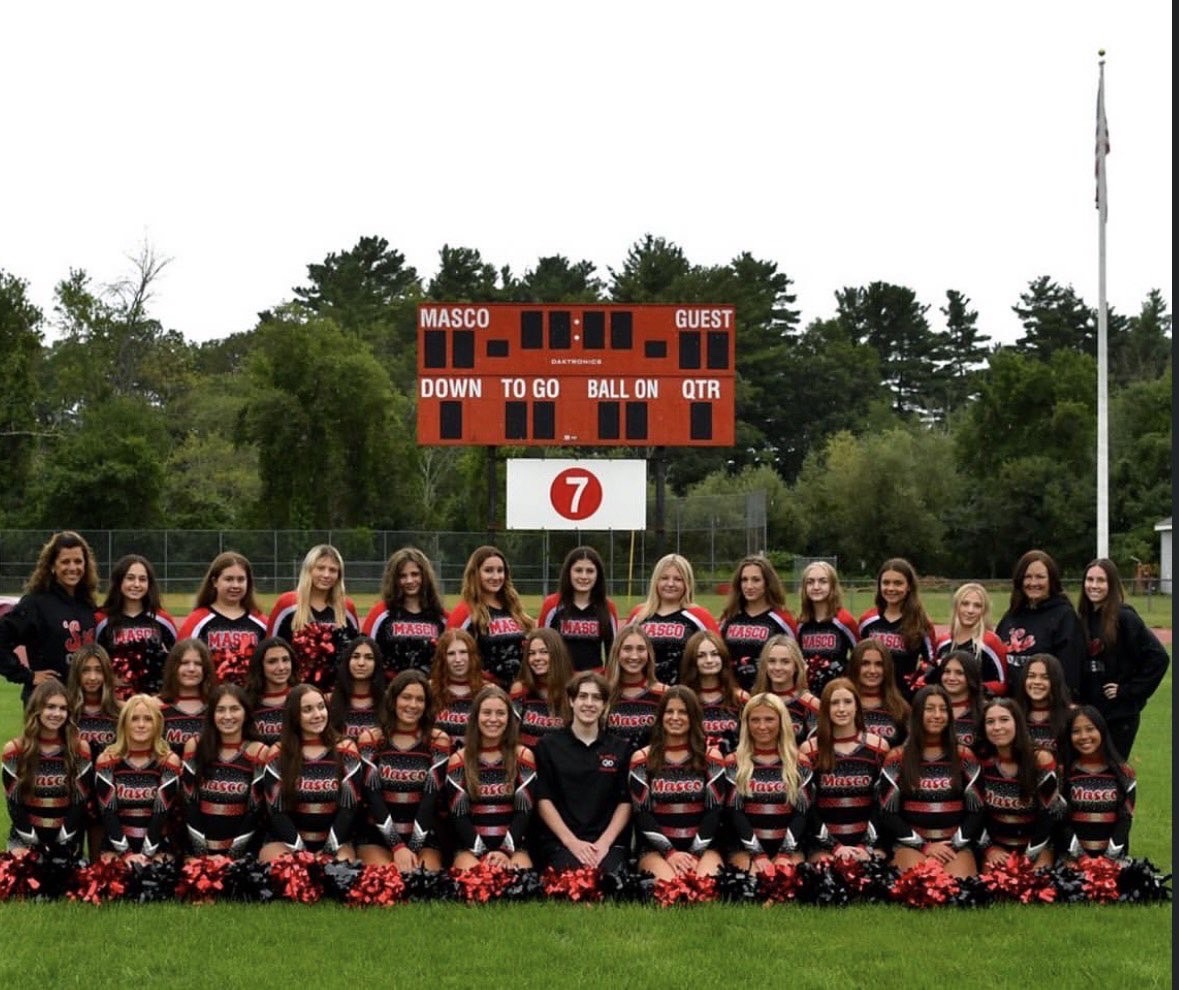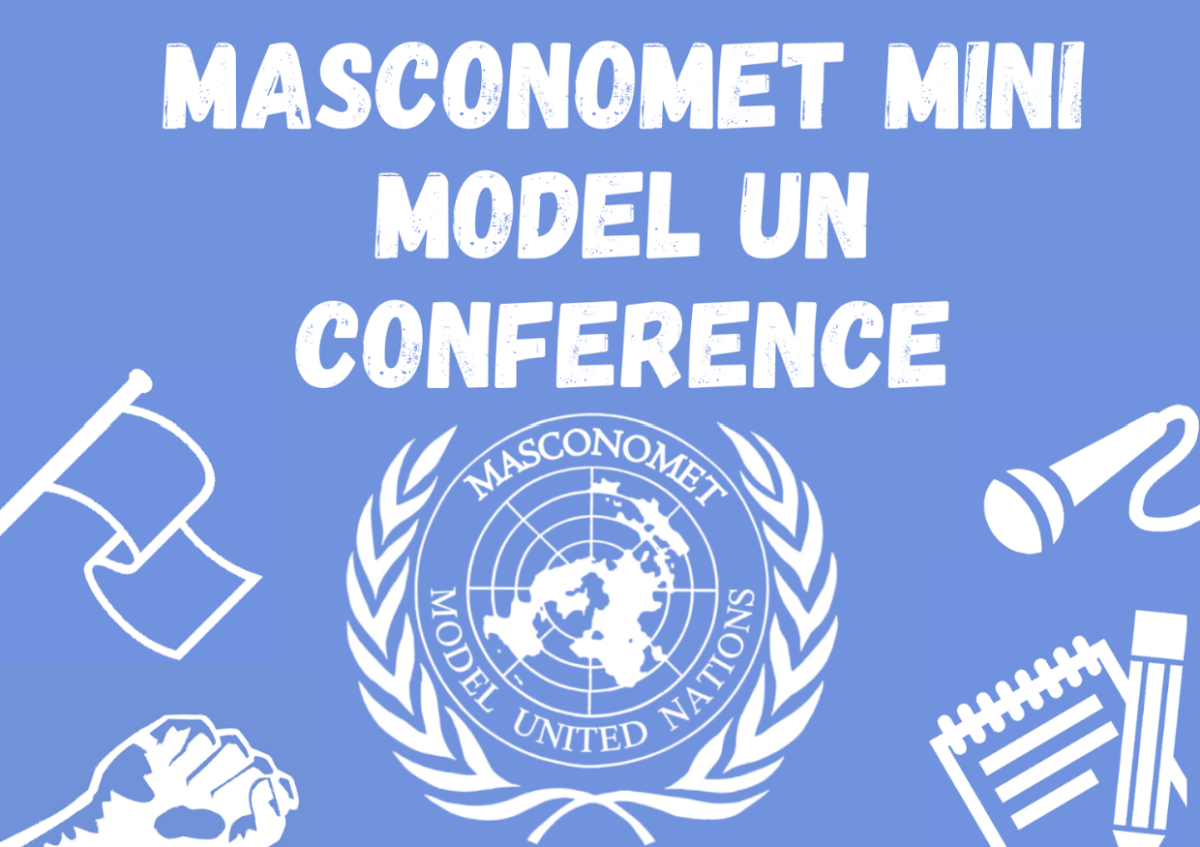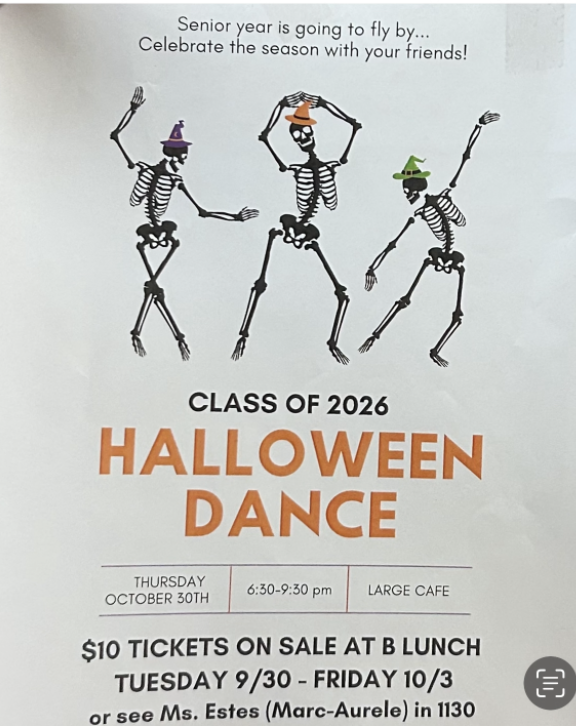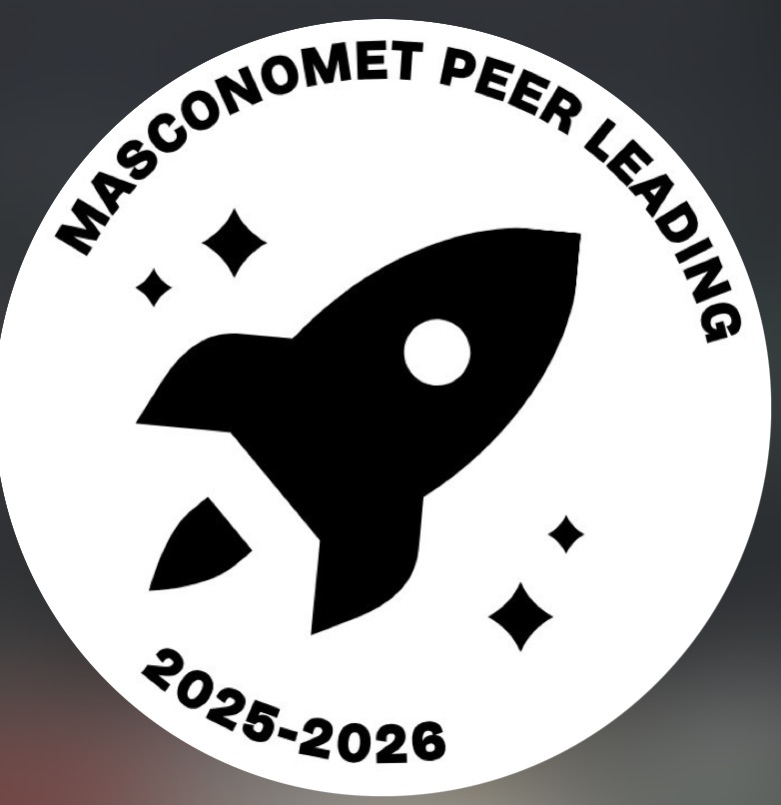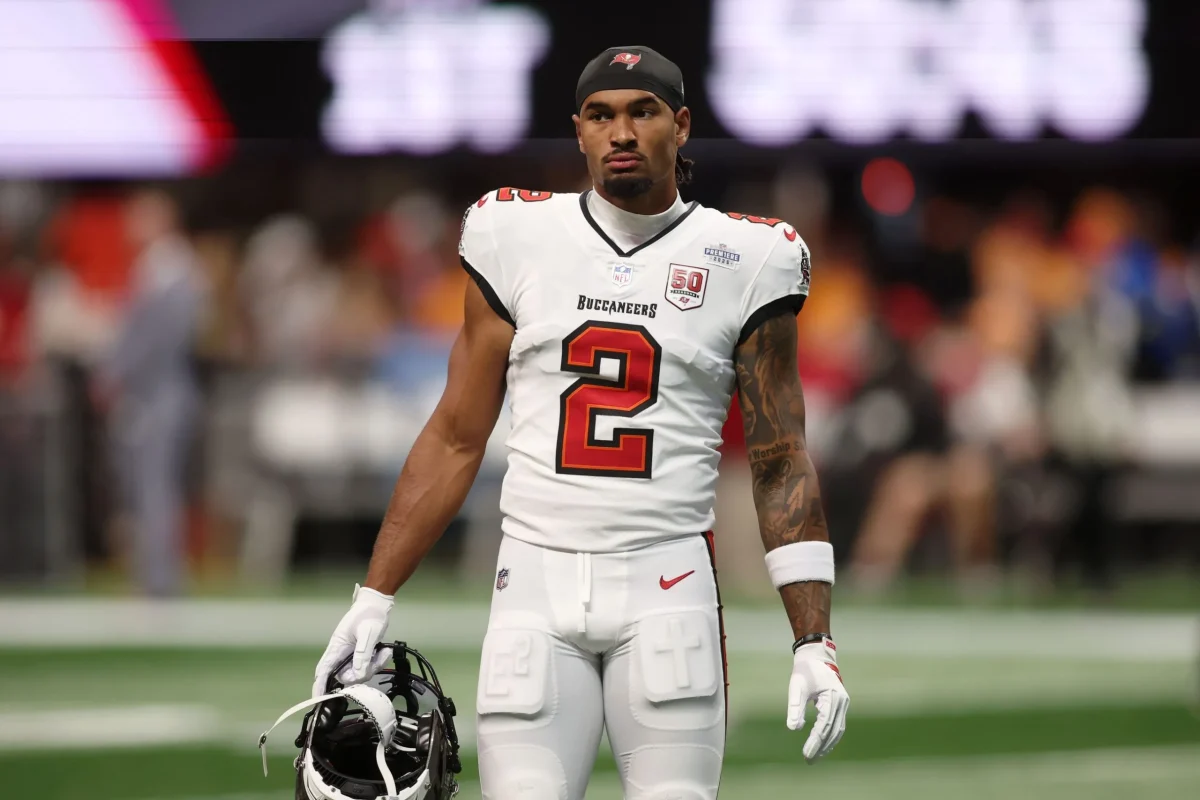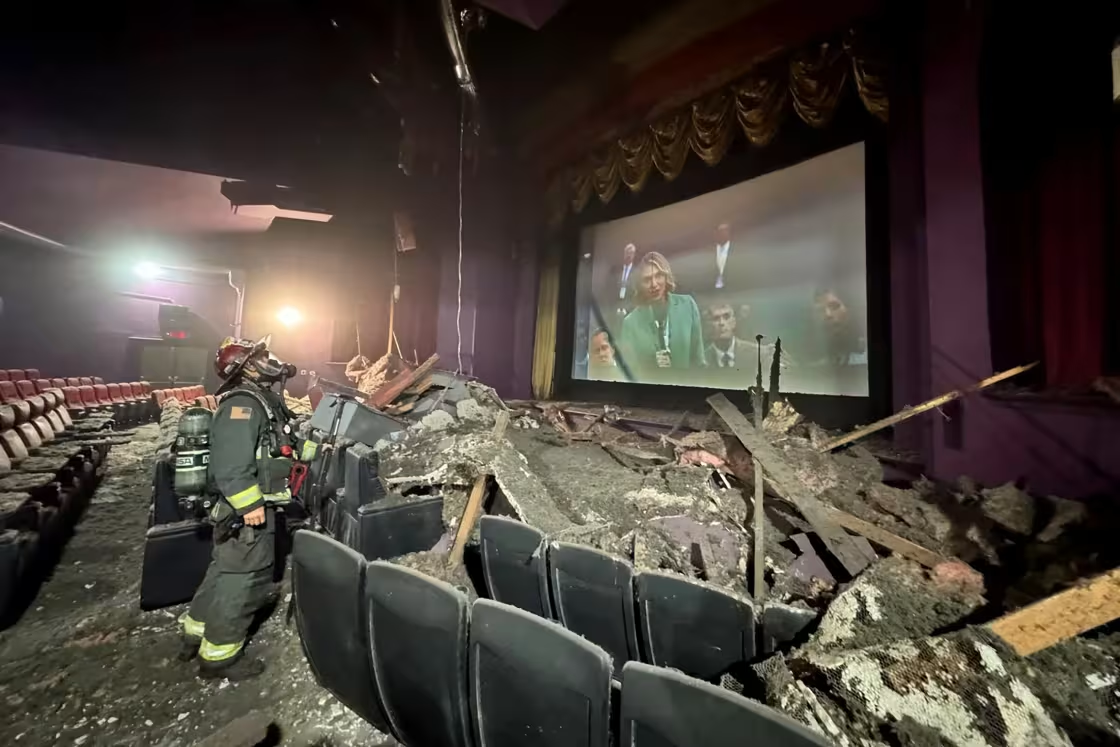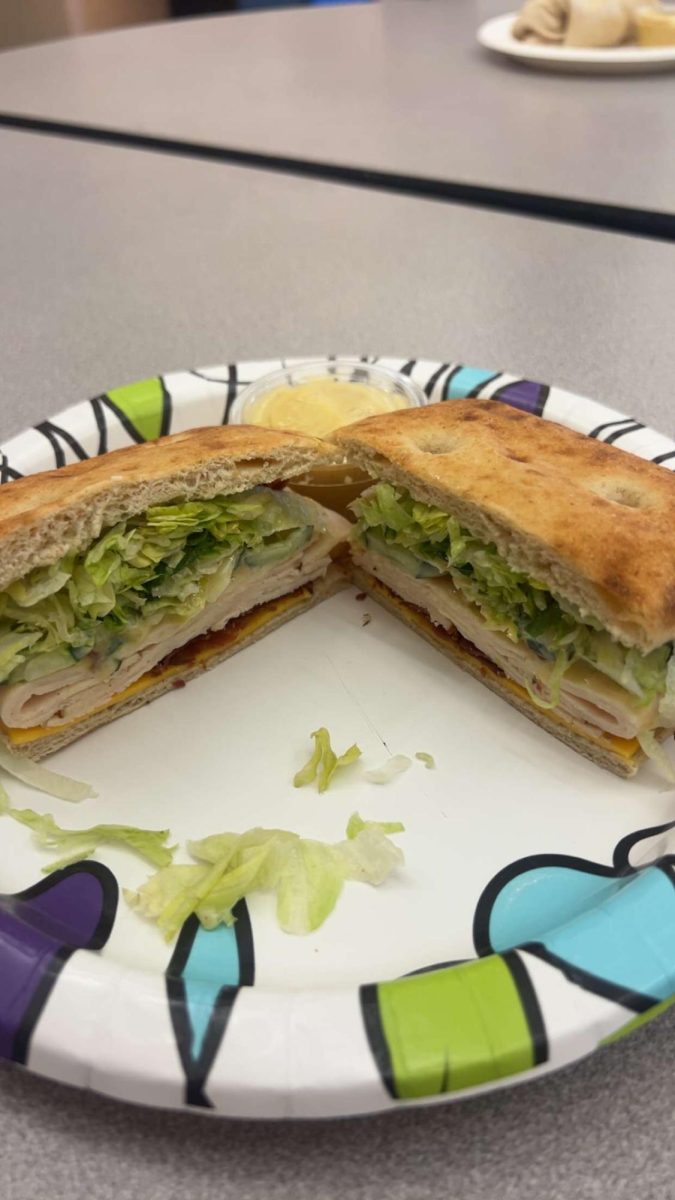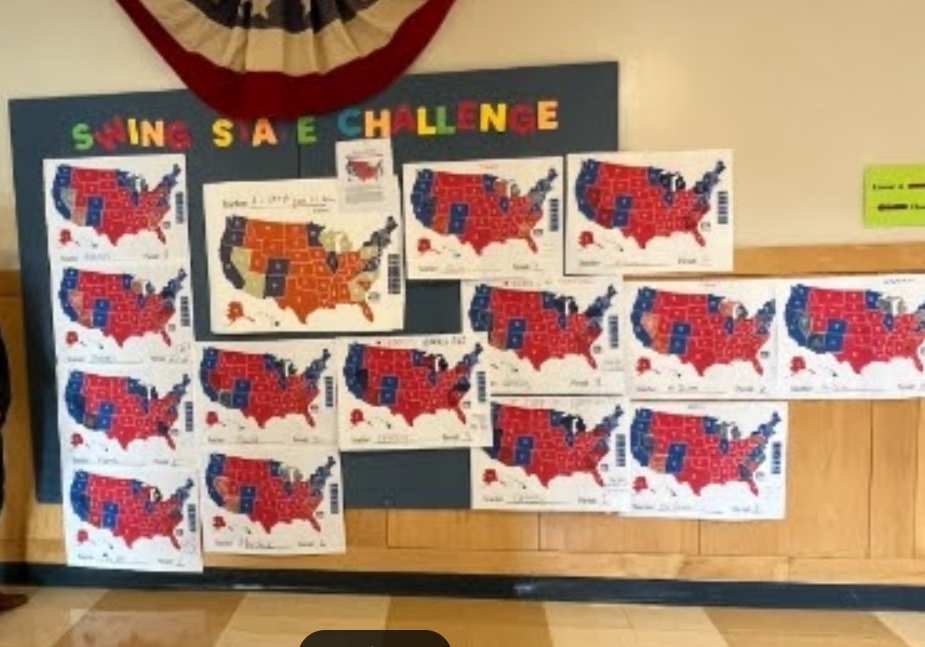Prior to the presidential election, Masco’s sophomore and junior history classes competed against one another in the “swing state challenge.”
The swing state challenge was presented to every sophomore and junior history class to help educate and involve students in the inner workings of the presidential election. A swing state is a US state where the two major political parties have similar levels of support among voters, viewed as important and less predictable in determining the overall result of a presidential election.
Students were put into groups of three or four and assigned one of the seven swing states: North Carolina, Michigan, Pennsylvania, Georgia, Nevada, Arizona, and Wisconsin. The groups then researched their state’s demographics, political trends, and key issues. They worked to collaborate and predict which candidate would win their assigned state.
“It surprised me how close the pollings were in the predictions prior to the actual election day, and how most of the states had the candidates within one percent of each other,” said junior Evie Emig. “What helped us form our conclusion was the historical trends and how in every election since 2004, Wisconsin voted democrat except in 2016 when they voted Trump. Ultimately, that Democratic trend led us to pick Harris.”
Students presented the evidence that brought them to that conclusion to their class, and they then voted on whether or not they agreed with each group’s prediction. Finally, the class as a whole locked in those selected candidates, competing with the other classes.
History teacher David Mitchell’s period five junior US history class was the one that took home the gold, correctly predicting five out of seven states. Trump was picked for the states of Georgia, North Carolina, Arizona, Nevada, and Pennsylvania which were all correct. Harris was picked for Wisconsin and Michigan, which were the two they picked incorrectly.
“Three states put them over the edge,” said Mitchell. “A lot of people went Trump for Pennsylvania, but a lot of the classes that didn’t win predicted Nevada and/or Arizona for Harris, which they didn’t.”
To come to a conclusion, students had to do extensive research and make sure the information they were reading was from a trustworthy source and had limited bias.
“My group used many .org and .gov sites to make sure our information was solid. We also used many statistics like graphs, polls, and recent changes over the weeks,” said junior Alex Barrera. “With it being really tight, a big factor was finding out through our research that a large amount of Pennsylvania is blue-collar and the blue-collar people tend to support Trump, so that’s what broke the tie between our decisions.”
Barrera and his group were assigned the most important swing state, Pennsylvania, and chose wisely, as Trump won PA.
With the winning class only picking five out of the seven correct, it shows that this project was no walk in the park and had challenging aspects.
“The pole results were difficult to truly read because every day they were different and it was hard to find an exact in-between to where the state may swing,” said junior Maya Hunter. “Also finding three issues that were particular to the state, and not broad issues like abortion and immigration, was hard. For Michigan, I had to do solid research to find that the city of Flint was struggling with clean water and Harris was trying to fix that issue.”
Since this was such a big competition, the winning class was rewarded with a pizza party during their history period.
“The pizza party was great, everyone was eating pizza and Topsfield House of Pizza even donated us additional pizza,” said Mitchell. “I think it was really kind of cool to just be able to do something that had academic work to it, but was kind of fun and kind of competitive.”
With full bellies and brains, the period five US history class was able to enjoy the food and just have a great time with their classmates.
“The pizza party was super awesome! We got a nice period off and I had a great time with the boys eating delicious pizza and having time to chat,” said junior Alex Russo.
This was Masco’s first time doing the swing state project, and it seemed like a big hit this year.
“I’d love to do the project four years from now. It’s one thing to kind of know what the politics are like in your neighborhood and your state, but to have to then research another state that might have a whole different set of economic interests, and to then say, all right, not only do I know about Massachusetts, but now I have some degree of knowledge about what the issues were in Georgia or whatever state the person had. So I thought that part was really kind of neat,” said Mitchell.
With the legal age to vote coming soon for Masco high schoolers, it is important to be educated on each candidate and the strategies they have employed in certain states based on different criteria. This project encapsulated that nicely and should carry on for each presidential election.




